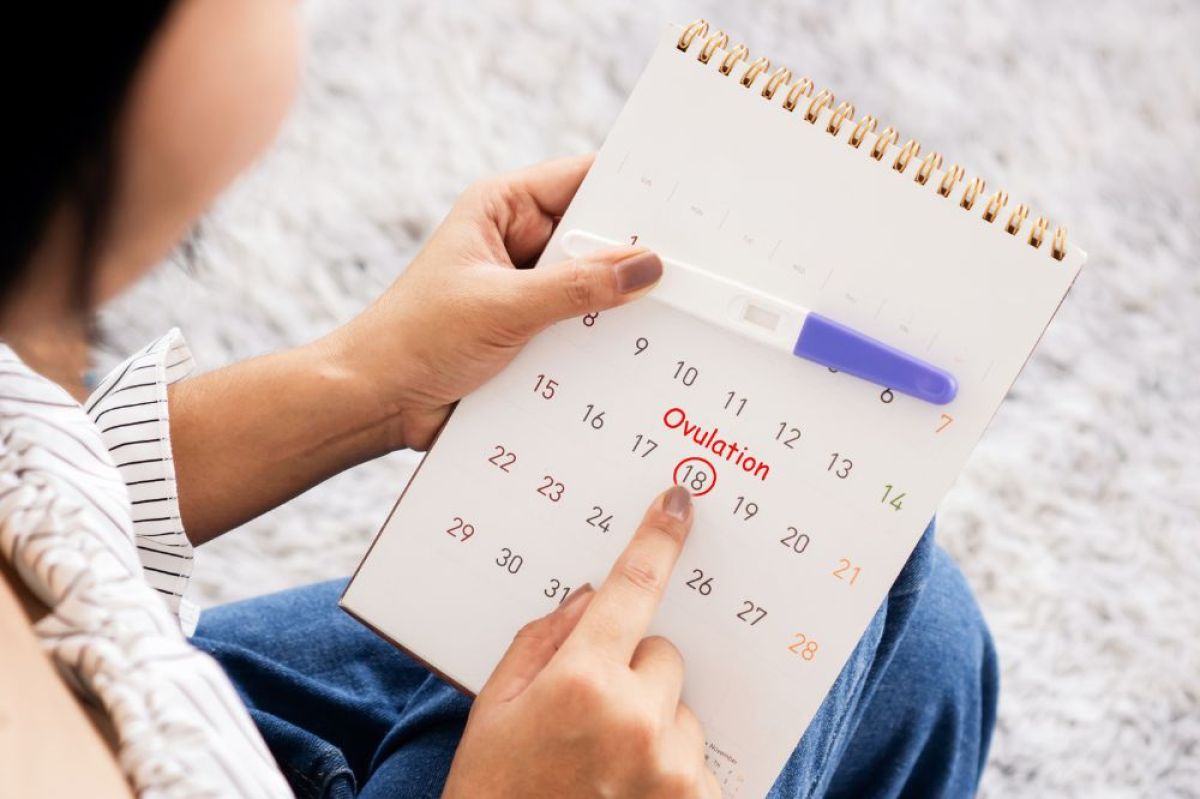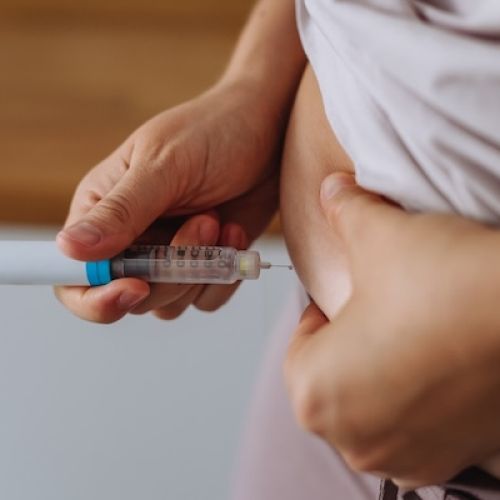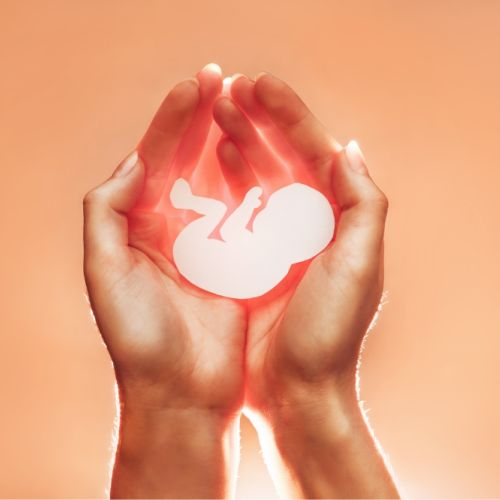Signs of Fertility in Women

Ovulation is a process that usually happens each month, and during this process, hormone changes trigger an ovary to release an egg. One of the things you can do if you’re having trouble getting pregnant is to time sexual intercourse as close to ovulation as possible, since peak fertility happens on the day of ovulation and the day before ovulation.
Just before you ovulate, your body has a surge of luteinizing hormone which can trigger certain bodily changes. Awareness of signs of fertility in women may help you to recognize when ovulation is about to occur.
Signs of Ovulation
There are some signs to watch for that may help you to recognize that hormonal changes are happening in your body. These signs include:
- Boost in libido. Two to three days before ovulation, you may notice an increase in your sex drive.
- Bloating. Surges in female hormones can cause slowed digestion and fluid retention, making you feel bloated.
- Appetite changes. You may lose your appetite just before ovulation.
- Breast changes. You may experience tenderness in your breasts or sore nipples when ovulation is about to happen.
- Genital changes. The outer part of your genitals may swell slightly.
- Cervical mucus changes. Cervical mucus may become thinner and clearer.
- Discomfort. You may have cramps or a twinge of pain in your lower abdomen.
- Sense of smell. Your sense of smell may become stronger just before you ovulate.
Not all women experience these signs of ovulation. You may be able to get an idea when you’re ovulating by tracking your basal body temperature for a few months. Your basal body temperature is your temperature when you’re at rest. It should be taken first thing in the morning before you get out of bed and tracked for at least three months to see if you can identify a pattern.
Your basal body temperature rises slightly when you ovulate. You need a special basal thermometer, which shows your temperature with two decimal places, such as 98.62 rather than 98.6. Measure your temperature at approximately the same time and in the same place each day.
By tracking your basal body temperature, you won’t know when you’re ovulating until it has already happened. Since peak fertility happens the day before and the day of ovulation, your temperature has to be tracked for several months so you know what day of your cycle that ovulation typically happens.
Other Options
A more accurate way to predict ovulation is by using an ovulation predictor kit. This type of test can detect a surge of luteinizing hormone in your urine. When you get a positive result on an ovulation predictor, you can expect to ovulate in approximately 36 hours.
Some women are able to successfully get pregnant by timing intercourse during peak fertility. If you’re having difficulty getting pregnant, get in touch with the Center for Reproductive Health to schedule an appointment for a comprehensive examination and evaluation. Call today to find out about fertility treatment options or to schedule an appointment.




